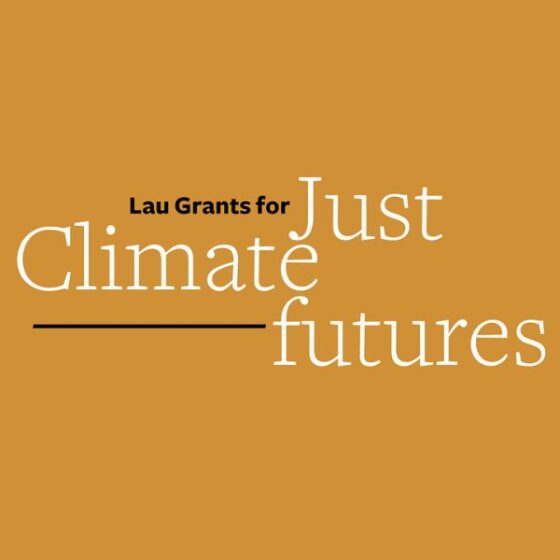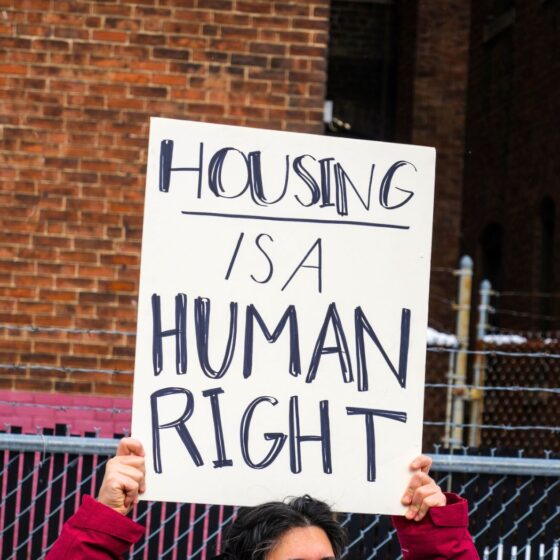IURD Research Projects
As the hub for interdisciplinary research at the College of Environmental Design, IURD is a catalyst for public and private investments in climate adaptation and resilience that lead to tangible outcomes. It fosters new models of community-engaged research by partnering with underrepresented communities, community activists, public agencies, elected leaders, private investors, academic researchers, and students.
Lau Grants for Just Climate Futures

Managing and redesigning cities and their metropolitan regions for resilience, adaptation, and equity are this century’s primary challenges. IURD is proud to steward the Lau Grants for Just Climate Futures, which seed collaborative, interdisciplinary projects led by CED faculty, bringing new perspectives into design and development practices. Established in 2023, the Lau Grants for Just Climate Futures support projects that aim to reduce the impacts of climate change, incorporate community engagement, address inequities in the built environment caused by a changing climate, and lead to actionable solutions.
Bay Area Air Quality Mapping Analysis Project

With funding from the Lau Grants for Just Climate Futures, a CED research team led by Associate Professor Kristina Hill and Associate Professor Charisma Acey is developing a Bay Area Air Quality Digital Twin. This monitoring tool aims to guide daily decision-making and inform public policy on pollution exposure, emissions reduction, and environmental justice. Unlike AirNow products, this tool combines PurpleAir sensors and a gap-filling approach to provide near real-time outdoor air quality information at the hyperlocal level. Other live data such as wildfire, temperature, wind, and static local emission sources are also accessible to understand the contributing factors.
Fair Chance Housing Impact Evaluation Study

UC Berkeley researchers led by Margaretta Lin and Associate Professor Charisma Acey are conducting a study to investigate the effectiveness of Fair Chance Housing laws passed in the cities of Oakland and Berkeley. These laws were intended to reduce ethnic and racial disparities in access to housing for the re-entry population. This study also addresses the competing research findings of “ban the box” in employment studies by assessing whether fair chance housing policies resulted in increased racial profiling and discrimination by housing providers.
Inequities in Funding California School Facilities

Funding for public school facilities is the most regressive element of public education finance. Decades of research confirm that the conditions and qualities of school facilities can positively or negatively impact students, teachers, and overall academic achievement. And yet, every day, millions of elementary and secondary school children in the U.S. attend public schools with deteriorated and obsolete facilities that undermine achievement, harm health, and are not climate resilient. Research from the Center for Cities + Schools shows how low-wealth districts are being left behind and informs the current debate over policy reform.